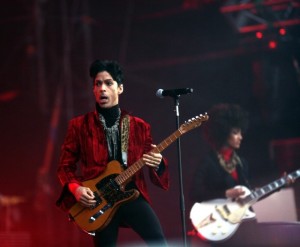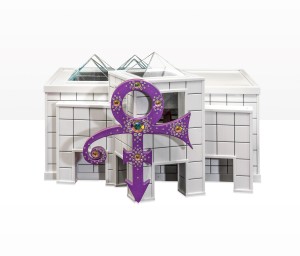 This article appeared in the September 17, 2016 edition of cnbc.com. It contains some important information you should review.
This article appeared in the September 17, 2016 edition of cnbc.com. It contains some important information you should review.
“Celebrities, they’re just like us. At least, they are when it comes to estate-planning mistakes.
You’d think that high-profile individuals with substantial and varied assets, often-complex family lives and a team of high-powered advisors at their disposal would have this locked down, more so than your average American. But that’s not so, attorney John Scroggin, a partner with Scroggin & Company in Roswell, Georgia, told advisors Thursday at the Financial Planning Association’s annual conference in Baltimore.
“Celebrities make the same mistakes,” he said. “It’s just that the nature of their celebrity exaggerates and balloons the impact of what the mistake was.”
Mistake #1: Not having a will
Nearly two-thirds of Americans don’t have a will, according to a July survey by Harris Poll for Rocket Lawyer, which queried 2,000 consumers. Famous individuals who have died without a will, include Abraham Lincoln, Prince, Sonny Bono, Jimi Hendrix and Pablo Picasso, according to Scroggin.
Not having a will can result in a number of potentially disastrous consequences, notably that assets may not be distributed in the manner in which you would have liked — or even intra-family battles. State intestacy laws will apply, and dictate who gets what share of the estate. (State law often cuts out stepkids, for example.)
Without specific instructions from the deceased, an estate may also be subject to drawn-out court battles as family members fight for what they perceive as their fair share.
“A lack of a will for any individual increases the conflict and increases the cost,” Scroggin said.
Mistake #2: Not having a current will
Signing a will is the beginning of the process, not the end, Scroggin said. Regularly update estate planning documents and beneficiaries as your financial and personal situation changes.
He points to the estate of singer Barry White, who was separated but not divorced from his second wife at the time of his death. His wife got everything, Scroggin said, while White’s live-in girlfriend of several years got nothing.
Mistake #3: Not planning for taxes
Even if your wealth falls under the federal estate tax threshold — in 2016, up to $5.45 million per person is exempt — it may be subject to state estate taxes, which often have lower caps.
Poor planning could force your heirs to sell valuable or sentimental items because they don’t have the liquid assets to pay those taxes, said Scroggin. He used the example of Joe Robbie’s family, which sold its stake in the Miami Dolphins and Joe Robbie Stadium to pay estate taxes.
Mistake #4: Not mentioning for personal property
Robin Williams’s family has engaged in a legal battle over the late actor’s film memorabilia, Scroggin said, while Martin Luther King Jr.’s children fought over his Bible and Nobel medal.
Individuals often fail to account for personal property in their estate planning, which can generate plenty of fights (legal and otherwise) over the future of family heirlooms, collectibles and other items of sentimental value.
Even when such items are mentioned, Scroggin said, it can be difficult for heirs to prove provenance if another party disputes the claim — that this is mom’s vase, for example, and not a newer one the deceased gifted to his second wife.
Scroggin also had some advice on this point for clients untangling the estate of someone recently deceased: “Change the friggin’ locks.”
It’s not unusual for family, friends and neighbors to help themselves to items they say the deceased told them they could have, he said.”
For more information about estate planning and how to get your affairs in order, check out our website www.diesmart.com.



